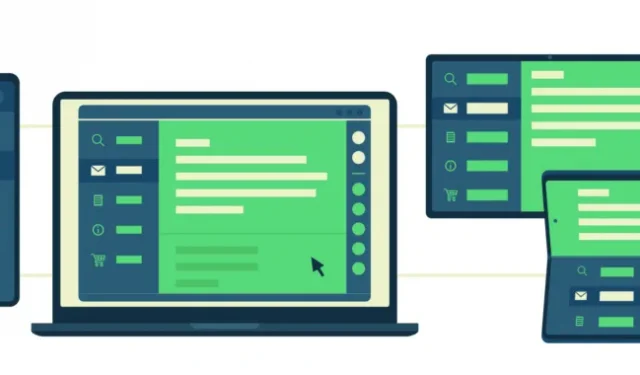Try it, try it again: Google releases Android 12L beta for tablets for select devices

Google is making yet another push to create a user-friendly Android tablet operating system in the form of Android 12L, which was announced and released as a developer preview back in October. And on Thursday, Google released the first beta that will run on real hardware, ahead of a planned final release later this year.
Unfortunately, even though Android 12L will run on real hardware, the initial beta support list doesn’t actually allow many to try out its new features. It’s available for the Pixel 3a, 4a, 5a, 4, and 5, but “you won’t see big-screen features on smaller screens.”And the only tablet it will run on is the Lenovo Tab P12 Pro, a relatively expensive and hard-to-find device. However, you can also roll the dice with Generic System Image (GSI) for other latest android tablets. As with development, Google suggests that the best way to experience Android 12L’s big screen features is in an Android emulator.
Android 12L and apps optimized for it should better take advantage of larger screen devices, whether tablets, foldable phones or laptops. Google has rolled out a new interface for split-screen multitasking and published guidelines for designing multi-column apps that make better use of larger screens than the huge amount of wasted white space you currently get when running a phone-sized app on a tablet. screen.
It all looks promising enough, but Google’s lax grip on the Android ecosystem and its lack of support for its past efforts with tablets has burned users and app developers alike in the past. If Android tablets really do well this time around, they’ll likely embody the success of foldable devices like the Samsung Galaxy Fold series or Google’s own rumored push into foldable Pixel phones. Wider multi-column apps and split-screen multitasking will translate well into foldable devices, and it will be easier to convince Android app developers to support the foldable phones that people really want than to get them to support a tablet ecosystem that is mostly dominated by low-end, low-end hardware.
ChromeOS devices that run Android apps will also benefit from apps that make better use of the increased screen real estate, although ChromeOS’ multitasking capabilities are already beyond what Android 12L seems to be capable of.
According to the timeline released by Google, this will be the first of three planned beta builds, with the final version of Android 12L to be released in the spring of 2022.
Leave a Reply